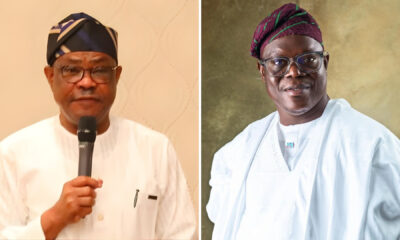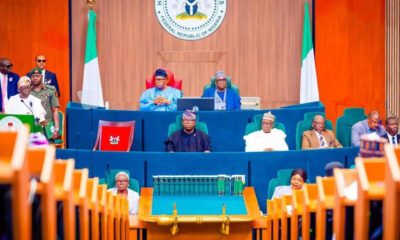BIG STORY
Despite Paying High Taxes, Nigerians Still Provide Water, Electricity For Themselves —– Akinwumi Adesina

- /home/porsch10/public_html/wp-content/plugins/mvp-social-buttons/mvp-social-buttons.php on line 27
https://porscheclassy.com/wp-content/uploads/2021/01/Akinwunmi-Adesina-1000x600.jpg&description=Despite Paying High Taxes, Nigerians Still Provide Water, Electricity For Themselves —– Akinwumi Adesina', 'pinterestShare', 'width=750,height=350'); return false;" title="Pin This Post">
- Share
- Tweet /home/porsch10/public_html/wp-content/plugins/mvp-social-buttons/mvp-social-buttons.php on line 69
https://porscheclassy.com/wp-content/uploads/2021/01/Akinwunmi-Adesina-1000x600.jpg&description=Despite Paying High Taxes, Nigerians Still Provide Water, Electricity For Themselves —– Akinwumi Adesina', 'pinterestShare', 'width=750,height=350'); return false;" title="Pin This Post">
BIG STORY
Resident Doctors Give Federal Government Four Weeks To Meet Demands
BIG STORY
Lagos Couple Stages Self-Kidnap To Raise Funds For Husband’s US Return Ticket, Arrested With N10m Ransom
BIG STORY
Police Arrest Six For ‘Hacking Telecoms Firm To Divert N7.7bn Airtime’, Recover 400 Laptops, 1000 Mobile Phones
-
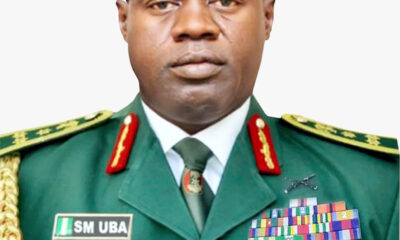
 BIG STORY4 days ago
BIG STORY4 days agoJUST IN: Defence Headquarters Finally Confirms Coup Attempt Against Tinubu, Indicted Officers To Face Military Trial
-
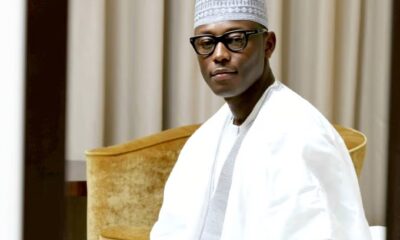
 BIG STORY4 days ago
BIG STORY4 days agoNo Party Or Person Can Defeat President Tinubu In 2027, Atiku’s Son Declares
-
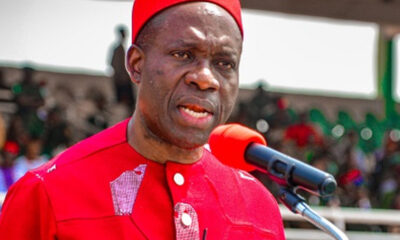
 BIG STORY4 days ago
BIG STORY4 days agoBREAKING: Soludo Closes Onitsha Market For One Week Over Sit-At-Home Defiance
-

 BIG STORY4 days ago
BIG STORY4 days agoJUST IN: NLC, FCTA Workers Protest At Industrial Court, Demand Wike’s Removal [PHOTOS]
-

 NEWS1 day ago
NEWS1 day agoReimagining Urban Spaces: The Forward-Thinking Public-Private Collaboration in Obalende’s Transformation By Babajide Fadoju
-
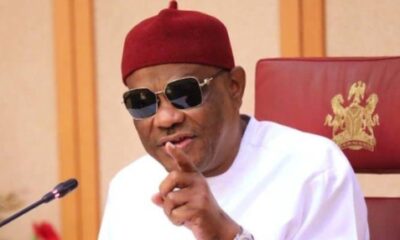
 BIG STORY2 days ago
BIG STORY2 days agoReturn To Work Immediately Or Face Legal Action, Wike Tells FCTA Workers As Court Orders Strike Suspension
-

 BIG STORY3 days ago
BIG STORY3 days agoAlaafin, Soun Absent As Makinde Kicks Off Oyo 50th Anniversary
-
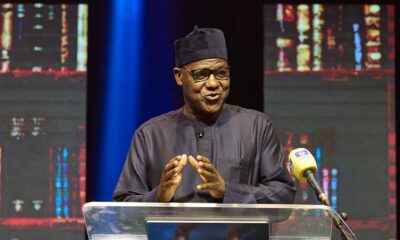
 BIG STORY4 days ago
BIG STORY4 days agoLeave Me Out of 2027 Running Mate Permutations, Tinubu Will Decide What’s Best —– Dogara









